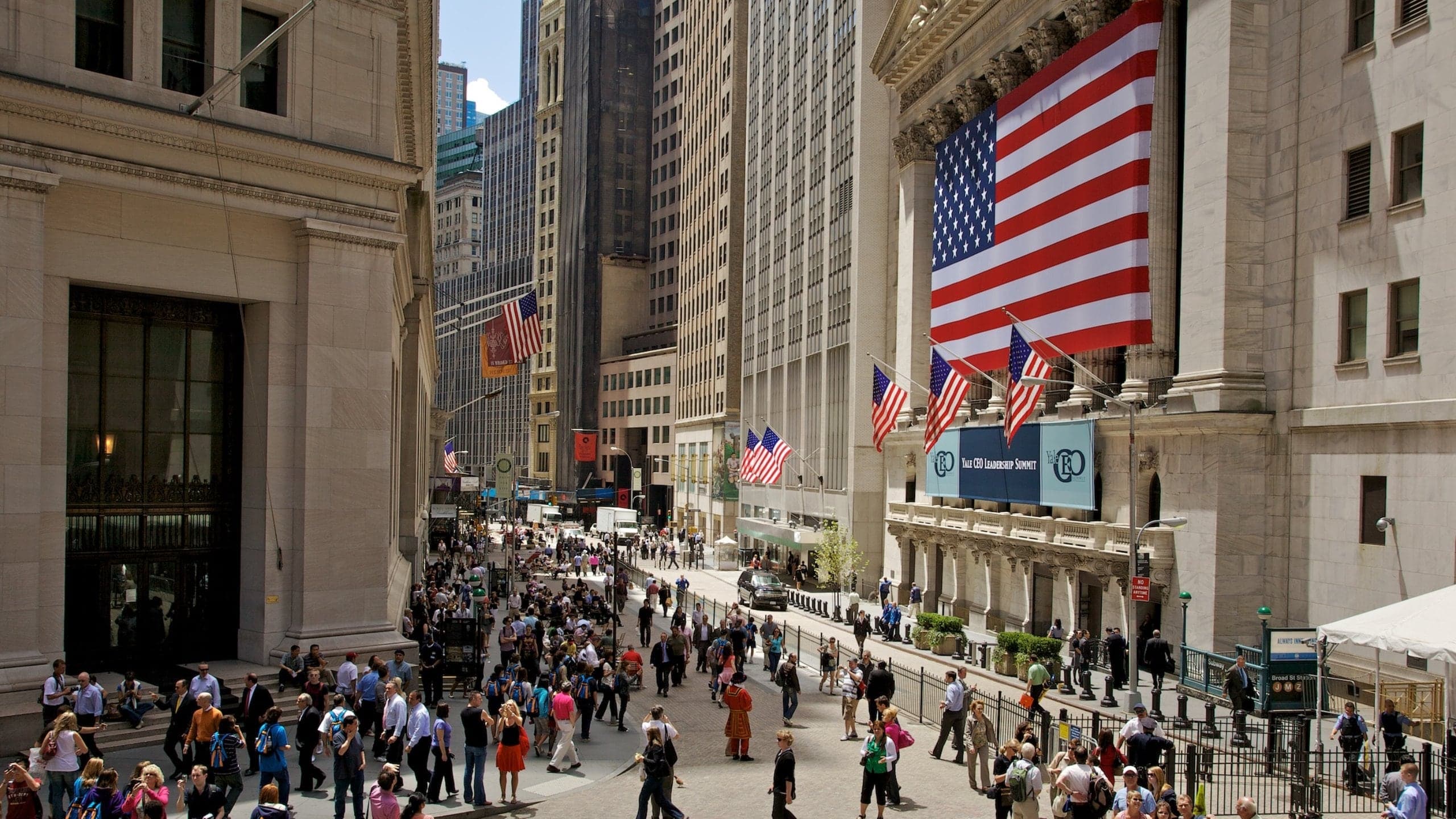The stark reality of income inequality in America is laid bare by the predatory financialization that has taken root in our economy. As reported by Paul Krugman, the share of the U.S. economy devoted to financial activities has skyrocketed, leaving the average worker grappling with stagnant wages and rising costs.
The Financial Sector"s Unprecedented Growth
Since the 1980s, financial institutions have transformed from mere facilitators of commerce into powerhouses controlling vast swathes of the economy. The financialization phenomenon has seen a dramatic shift where capital income, derived from investments and market speculation, grows exponentially compared to labor income. As research shows, this shift has directly contributed to the widening gap between the rich and the poor.
How Financialization Fuels Income Inequality
With the rise of hedge funds and private equity firms, wealth accumulation has been concentrated in the hands of a few. Figures like Stephen Schwarzman and Ken Griffin are not just outliers; they symbolize a system that rewards financial manipulation over societal contribution. According to Wodtke"s research, the top earners have amassed their fortunes through a financial ecosystem that prioritizes asset ownership over equitable wage distribution.
\n\n
Why Nobel Prize-winning economist Paul Krugman still hates ...
The Economic Impact on Everyday Americans
The implications of this financialization extend beyond mere dollar amounts. As the financial sector flourishes, ordinary Americans face the brunt of economic instability. Real wages remain stagnant; meanwhile, the cost of living continues to climb. The inability of the average worker to keep pace with inflation is alarming, as highlighted by the U.S. Bureau of Labor Statistics.
The Transformation of Non-Financial Businesses
Financialization has also altered the operational dynamics of non-financial businesses. Companies are increasingly focusing on shareholder returns and stock buybacks rather than investing in their workforce or the community. This shift has been described as a "financialization of everything," where the pursuit of profit supersedes ethical responsibility. This trend has detrimental effects on job security and quality, as companies prioritize short-term gains over long-term stability, as noted in recent studies.
\n\n
The curse of the US vice presidency and legendary congressional hearing ...
The Political Response to Financialization
Despite the glaring inequalities that financialization has wrought, political discourse often shies away from addressing the root causes. The reluctance to take on powerful financial interests is palpable. The Biden administration faces immense pressure to implement policies that would rein in Wall Street"s excesses, yet substantial reforms remain elusive in the face of powerful lobbying efforts. The urgency for change is underscored by the voices of those impacted by these systemic injustices.
The consequences of continuing down this path are dire. If we fail to confront the financialization of our economy, we risk entrenching a system that rewards the wealthy at the expense of the working class. The rising tide of inequality is not merely an economic issue; it is a civil rights crisis that demands immediate attention. As we navigate through these turbulent times, the call for accountability and reform has never been more critical.







![[Video] Gunfire between Iraqi security forces and Sadr militias in Baghdad](/_next/image?url=%2Fapi%2Fimage%2Fthumbnails%2Fthumbnail-1768343508874-4redb-thumbnail.jpg&w=3840&q=75)
